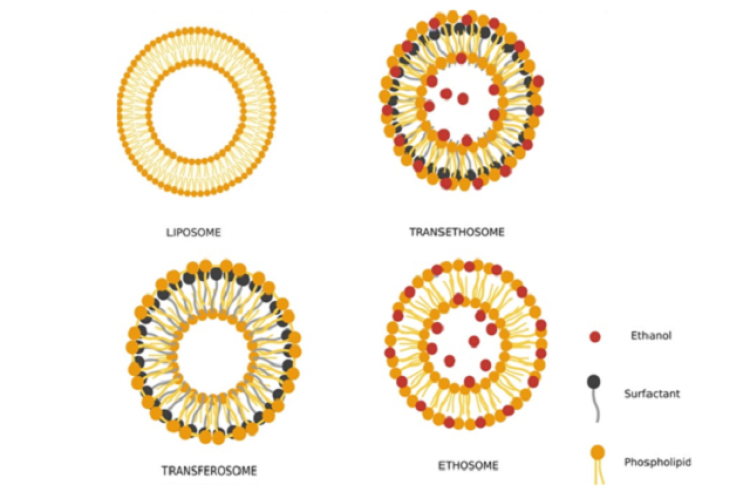Transethosomes, a novel approach in drug delivery systems, offer promising advantages for enhancing skin permeation of various medications. This innovative technology involves the use of ultra-deformable lipid vesicles that can improve drug absorption through the skin, bypassing issues related to oral administration such as first-pass metabolism. Phospholipid, ethanol, water and edge activators (surfactants) or permeation enhancers constitute transethosomes. Researchers have explored the application of transethosomes in delivering a range of medications, including anti-hypertensive, anti-arthritis, peptides, antibiotics etc. By incorporating permeability enhancers and optimizing formulations, researchers have shown that transethosomes improve transdermal permeability and efficacy in various studies. The preparation of transethosomes is relatively straightforward, allowing for scalability without the need for complex equipment. Evaluation parameters such as vesicle morphology, size and zeta potential play a crucial role in assessing the effectiveness and stability of transethosome formulations. Despite the promising benefits of transethosomes, further research is needed to address potential drawbacks and optimize their use in drug delivery systems.
View:
- PDF (775.78 KB)


